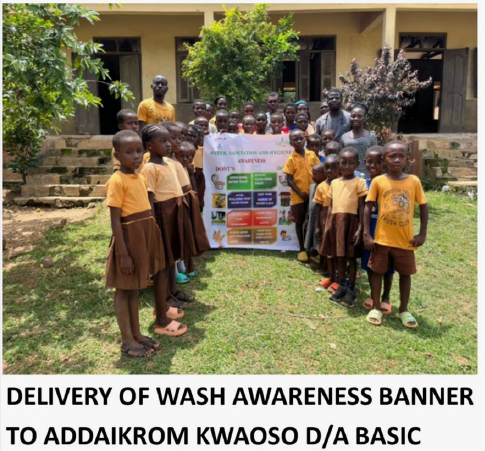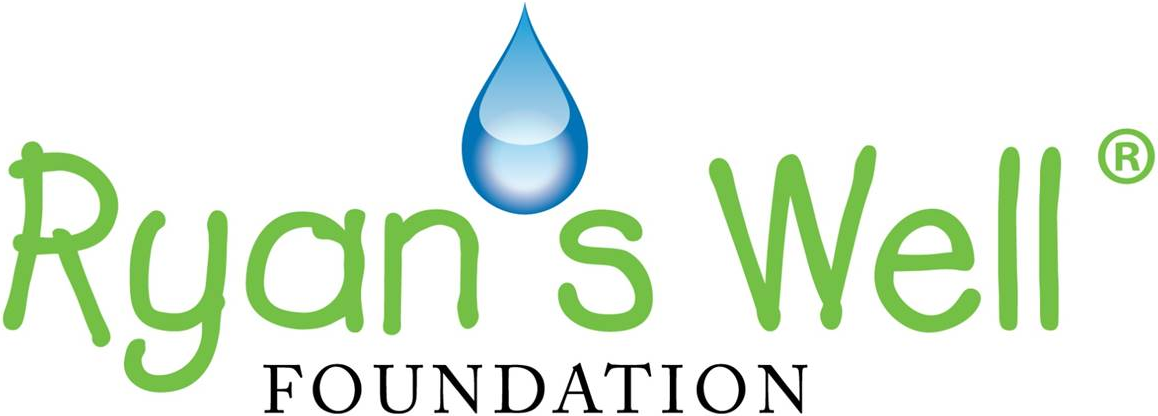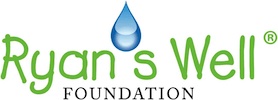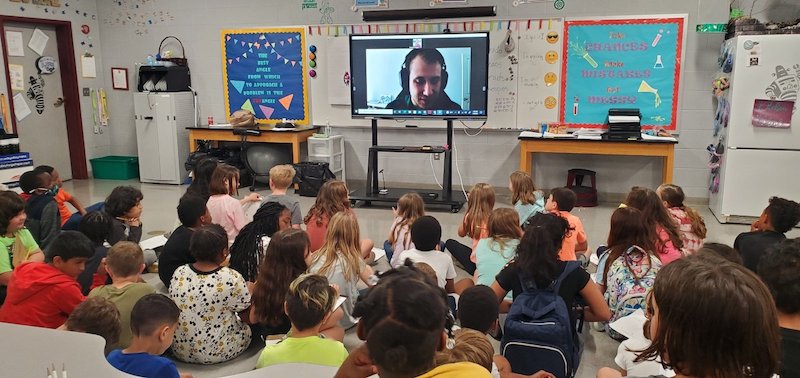ABOUT THE PROJECT
The development objective of the project is to maximize health benefits through integration of water, sanitation, and hygiene education interventions. This will be done by sensitizing the beneficiary communities, health centres, and schools in Ashanti Region by building their capacities towards the achievement of sustainable Community Ownership and Management (COM) for facilities and promotion of community-led total sanitation (CLTS) which promote handwashing for project beneficiaries.
PARTNER VIDEO - DONA: Impacts in Ghana
WHAT DO THE FUNDS SUPPORT?
• Construction of 25 deep wells (18 for schools, 3 for Health Centers, 4 for communities)
• Construction and installation of 21 overhead Tanks
• Installation of over 30 sinks and water points
• Purchase of a material transportation truck
• Water & Sanitation Hygiene (WASH) Education
• Monitoring and Evaluation activities.
BENEFICIARY CATEGORIES
• 4 Communities ~ 2,072 beneficiaries
• 3 Health Centers ~ 80,620 beneficiaries
• 18 Schools ~ 6,178 Students
WHY IS THIS PROJECT IMPORTANT?
Illegal mining in the Ashanti Region has caused water pollution, particularly in streams, rivers, and other open water sources. Pollution of water sources can have serious public health implications in communities that rely on these sources for drinking, cooking, and bathing and even livestock. Exposure to toxic chemicals can lead to a range of health problems, including skin rashes, respiratory issues, and neurological damage. Additionally, villages lack functional health facilities due to lack of clean water. In some instances, patients are required to carry their own water to the health center even when they walk long distances to service centers. Most communities have unqualified teachers in primary schools, as trained teachers are reluctant to work in these areas due to inadequate amenities such as water.

SUMMARY
The first phase of the 2025/2026 project successfully delivered clean and safe water infrastructure to targeted communities in the Ashanti Region of Ghana. The project focused on enhancing access to water, sanitation, and hygiene (WASH) services across healthcare institutions, educational facilities, and vulnerable communities.
Key Achievements
10 Deep Boreholes Constructed in 10 different locations.
Target Beneficiaries:
- 3 Healthcare Facilities
- 5 Schools
- 2 Rural Communities
WASH Infrastructure:
The initial stage of this first phase primarily focuses on drilling ten deep wells for all beneficiary communities. Concurrently, construction activities involve the erection of physical structures such as overhead water reservoir stands, hand washing sinks, and platforms for the installation of Afredev hand pump water systems.
Community Engagement:
- Effective mobilization for construction and training activities.
Formation of WATSAN and School Health Committees.
Ongoing handwashing training sessions for beneficiaries
Project Scope and Beneficiaries
The Phase I project has positively impacted approximately 83,932 people by improving their access to clean water.
Conclusion
Phase I of the project has successfully laid the foundation for improved water access and hygiene in underserved communities. The next phase will continue with infrastructure enhancements, community health education, and sustainability measures such as maintenance training and capacity building.
ABOUT OUR PARTNER, DONA
DONA is a registered non-governmental organization based in Kumasi, Ghana. The group started in 2000 and conducted environmental awareness programs regarding environmental issues in communities in the Ashanti Region. DONA also offers capacity-building programmes for NGOs, community-based cooperatives, and a host of individuals, on business management and on the development of biodiversity conservation, and utilization of request bases. They have proven their ability to execute water and WASH projects and have established their capacity to take on more projects work each year.


